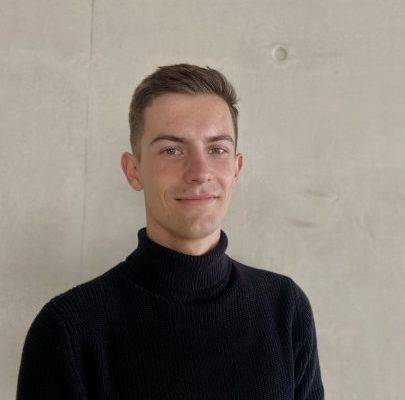Ukrainian President Volodymyr Zelensky attended the European Union leaders meeting at the European Council summit on 9-10 February 2023. Just before that, he also visited the UK and France. He thanked the European leaders and citizens for their support for Ukraine, made other demands about the delivery of fighter jets and discussed the start of Ukraine’s EU accession negotiations. By attracting attention and forcing politicians to negotiate for continued aid, Zelensky fulfilled the purpose of his trip. However, the call for Ukraine’s EU accession is an ambitious appeal, to say the least.
Since the start of the Russian invasion of Ukraine, this was President Zelensky’s second trip with his European allies.This time he went to the UK, where he met with Prime Minister Rishi Sunak and King Charles III on 8 February. On the same day, he also visited French President Emmanuel Macron in Paris before moving on to the Belgian capital the following day, where the European Council (EC) summit of the heads of state and governments of member states of the Union was taking place.
The summit’s main agenda was about the current situation in Ukraine and how states could provide further assistance to the war-torn country. The Ukrainian President first met with MEPs, before whom he delivered a speech thanking the Europeans for their help and declaring that Ukraine would become an EU Member State. He then headed to the actual meeting of the leaders of the Member States. The primary outcome of the visit was a press conference with the President of the European Council, Charles Michel, and the President of the European Commission, Ursula von der Leyen. In addition to calls for continued support for Ukraine, further sanctions against Russia were also mentioned.
During his trip, President Zelensky focused on several important messages for European politicians. The statement about the Ukrainians’ struggle for freedom and the freedom of Europeans resonated in both speeches. At the press conference, he made a strong call for accession negotiations between the European Union and Ukraine to begin later this year – this would lead to Ukraine’s full membership of the European community. The third message concerns the supply of heavy military equipment – fighter jets should be the next in line after tanks.
The reasons why Zelensky chose destinations such as London, Paris and Brussels for his second trip are apparent. Firstly, his ability to travel outside the country indicated that he is not worried about his security to the extent he previously was. Zelensky also needs to secure additional supplies of military equipment, which Ukraine desperately needs to fight the Russian aggressor. Given the reactions of politicians, the media and the public, a personal visit was perhaps the best way to draw attention to and spark another round of discussions about possible supplies of weaponry. The visit took place only a short time after the announcement that allies would supply tanks to Ukraine, with the United States, the United Kingdom and Germany being the most important countries in this decision. Last but not least, these countries and the EU as a whole are Ukraine’s main allies in the war against Russia, and this, too, is a diplomatic signal that Zelensky has sent out.
Zelensky has clearly succeeded in fulfilling the purpose of his trip. The entire European political scene has turned its attention to his tour, intended to intensify the debates on further aid deliveries to Ukraine. Although he has fulfilled the purpose of his trip, the demands he has made on European leaders are ambitious. The call for the delivery of fighter jets brought a flurry of negotiations and, overall, realistic proposals as to which countries could deliver their aircraft. Slovakia, which has grounded MiG-29s recently, has also emerged among them. On the other hand, Germany and Belgium, which have been reluctant to supply fighters, will need both further negotiations and time. A more complicated issue is the question of starting talks on Ukraine’s accession to the EU. The accession process is cumbersome and lengthy, with dozens of chapters of the so-called acquis communautaire to be concluded. The EU itself and its institutions, which would be significantly affected by this event, must be prepared for Ukraine’s accession. Moreover, a question mark hangs over many policies, such as Common Agricultural Policy or Common Defence and Security Policy. Experts believe that a different model of accession negotiations in the form of differentiated integration could be an appropriate solution. This would mean that Ukraine would not become a full member after a few years but would have membership status and be able to co-determine and receive funding in certain areas. The launch of accession negotiations is only the first step towards membership. Yet, the EU must realise that reform of the community itself is needed to enable Ukraine to converge with European structures.
Photo Credit: Wikipedia Commons


